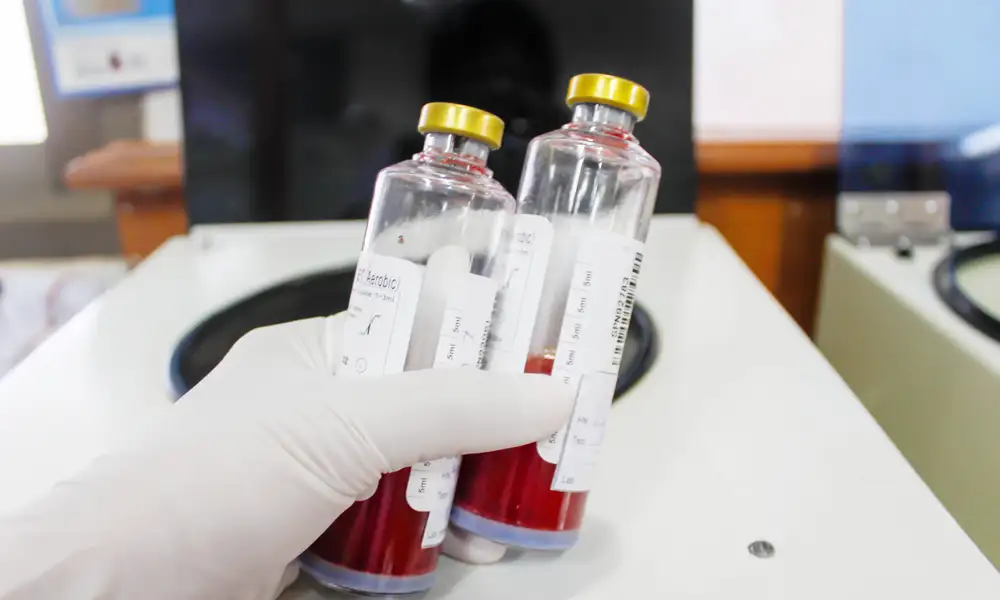
In recent years, high uric acid levels, or hyperuricemia, have become increasingly common — especially among individuals with sedentary lifestyles, unhealthy diets, and high-stress levels. Though it often develops quietly without noticeable symptoms, this condition can lead to serious health complications if not diagnosed and managed early.
With a timely test from a trusted pathology lab in Kolkata, you can catch elevated uric acid levels early and take necessary steps to protect your kidneys, joints, and even your heart.
What is Uric Acid?
Uric acid is a waste product formed when the body breaks down purines — substances found in many foods, such as red meat, seafood, and alcoholic beverages. Normally, uric acid dissolves in the blood, passes through the kidneys, and is eliminated through urine.
However, when the body produces too much uric acid or the kidneys fail to remove enough of it, uric acid levels build up in the blood, leading to hyperuricemia.
Causes of High Uric Acid
Hyperuricemia can occur due to various factors, including:
- Diet rich in purines (e.g., organ meat, shellfish, sugary drinks)
- Obesity or being overweight
- Chronic kidney disease
- High blood pressure or diabetes
- Excessive alcohol consumption
- Family history of gout or hyperuricemia
- Medications like diuretics or immunosuppressants
Early Signs and Symptoms
Most people with high uric acid levels don’t experience symptoms initially. That’s why regular health checkups from a reputed pathology lab in Kolkata are so important.
When symptoms do appear, they may include:
- Joint pain and swelling (commonly in the big toe — a condition known as gout)
- Fatigue and muscle aches
- Discomfort in the abdomen or lower back
- Frequent urination or blood in urine (kidney stones)
Complications of Untreated Hyperuricemia
If ignored, consistently high uric acid levels can lead to:
- Gout Attacks:
Sudden and intense joint pain due to uric acid crystals accumulating in the joints.
- Kidney Stones:
Excess uric acid can form stones in the kidneys, leading to severe pain and urinary issues.
- Chronic Kidney Disease:
Ongoing buildup of uric acid can impair kidney function over time.
- Heart Disease and Stroke:
Some studies suggest a link between high uric acid and increased risk of heart attacks, high blood pressure, and strokes.
Diagnosis: When to Get Tested
If you experience joint pain, unexplained fatigue, or have a family history of kidney or metabolic disorders, it’s wise to get your uric acid levels tested.
A simple blood test at a pathology lab in Kolkata can detect elevated uric acid. Some labs may also recommend a urine uric acid test if kidney stones are suspected.
Tip: Choose a NABL-accredited or certified lab for accurate results.
Prevention and Management
While medication may be necessary in some cases, lifestyle changes can go a long way in managing uric acid levels:
✅ Hydrate well:
Drink plenty of water to help flush out uric acid through urine.
✅ Limit high-purine foods:
Avoid red meats, organ meats, certain seafood, and sugary beverages.
✅ Choose low-fat dairy & whole grains:
These may help lower uric acid production naturally.
✅ Maintain a healthy weight:
Obesity is directly linked to higher uric acid levels.
✅ Exercise regularly:
Even moderate activity helps improve metabolic health.
✅ Avoid alcohol:
Especially beer and spirits, which can increase uric acid production.
When to See a Doctor
If your test reports from a pathology lab in Kolkata show elevated uric acid levels, consult a physician promptly. Depending on your overall health and risk profile, your doctor may prescribe medications such as allopurinol or febuxostat to help lower uric acid.
Conclusion
Hyperuricemia may be silent at first, but it can be dangerous if left unchecked. Whether you’re experiencing symptoms or simply being proactive about your health, a uric acid test from a reliable pathology lab in Kolkata is a smart step toward prevention.
With timely diagnosis, lifestyle adjustments, and proper medical care, you can stay ahead of the risks and ensure a healthier future.
Stay informed. Stay tested. Stay healthy.



No Comments